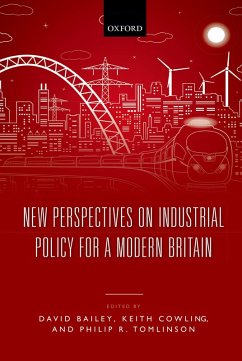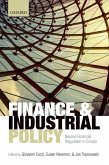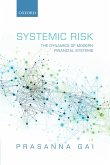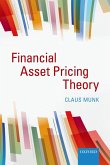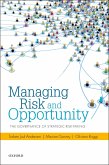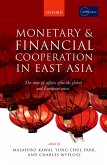In the aftermath of the global financial crisis of 2008 and the ensuing Great Recession of 2008 to 2013, the economic debate has begun to shift towards 'rebalancing' the UK economy, away from an over-reliance upon consumerism and the financial sector to generate growth, towards more sustainable productive activities. The fallout from the financial crisis exposed the systemic failings of the dominant neo-liberal model to deliver balanced growth and there is now increasing recognition this 'rebalancing' might best be achieved through the state pursuing an active 'industrial policy'. Thus, after a long hiatus, industrial policy is back in vogue at regional, national, and EU levels driven by concerns over competitiveness, globalisation, de-industrialisation, unemployment, and the comparatively slow growth of the British and EU economies especially in this post-recession phase. At the same time, industrial policy has been seen as a catalyst for designing economic recovery strategies at regional, national, and EU levels as well as being a concerted strategy to develop new 'clean-tech' industries to tackle environmental challenges. This book brings together leading European based experts, each with a long standing interest in industrial policy. The chapters offer a broad set of perspectives on the many facets of industrial policy, including reflections upon past experiences of industrial policy (from across the globe) and critical analysis and advice upon contemporary UK industrial policy issues. They aim to critically inform and challenge policy-makers, policy think-tanks, industrialists, trade unions, academics, and other stakeholders in framing the future course for industrial policy in the UK, and indeed more widely.
Dieser Download kann aus rechtlichen Gründen nur mit Rechnungsadresse in A, B, BG, CY, CZ, D, DK, EW, E, FIN, F, GR, HR, H, IRL, I, LT, L, LR, M, NL, PL, P, R, S, SLO, SK ausgeliefert werden.

